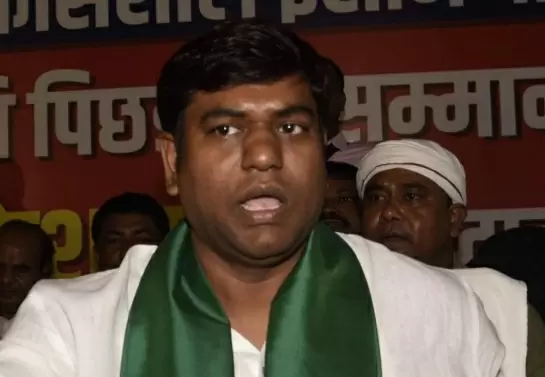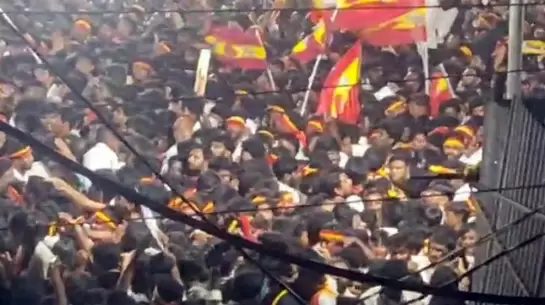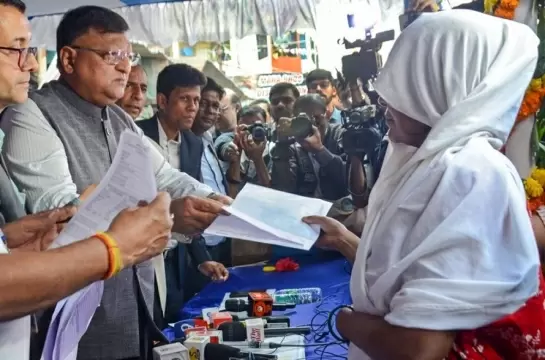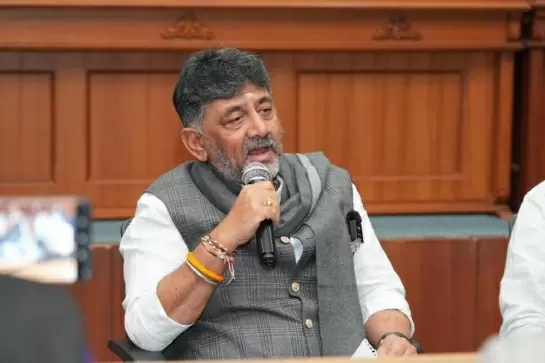MSME body seeks review of export supporting bodies' role
01-January-2020
The Federation of Indian Micro and Small & Medium Enterprises (FISME) has asked the government to "thoroughly" review the role of institutions meant to support exports such as Exim Bank and Export Promotion Councils (EPC).
In its recommendation note for the upcoming Union Budget, the industry body for MSMEs said that the export support establishments including EPCs and boards have "abjectly failed in having a nuanced understanding of these emerging barriers and need complete overhaul".
"The role of export support institutions/EPCs/Exim Bank needs to be thoroughly reviewed in consultation with the beneficiary group to really help exporters in changed economic realities," it said.
The budget recommendation also noted that merchandise exports is directly linked to being competitive in manufacturing, regarding quality and price matrix, adding that the role of the government's business entities has critical bearing on manufacturing and export capabilities.
Exporters also need active support of public institutions in surmounting the non-tariff walls, especially of 'standards' and 'testings', the FISME said.
According to to the federation, a minimum of 50 per cent of market development funds should be earmarked for MSMEs as half of exports are from this segment.
It also suggested that delay in refund of Goods and Services Tax (GST) to exporters should be strictly monitored through live dashboards and all public sector enterprises should be mandated to gear up for exports and develop their supply base or ancillaries comprising of MSMEs in India by building their capabilities to boost exports.
On multilateral trade agreements, the organisation said that although they are "ideal", the movement regarding the deals is "all but dead". It, however, mentioned that staying out of emerging large Free Trade Agreements (FTA) such as Regional Comprehensive Economic Partnership (RCEP), is not a wise decision.
"India's integration with world trade is deep now and we need to leverage FTAs to benefit from participation in GVCs. If we don't leverage them right, we shall end up importing almost everything and that too at higher cost. While being open to FTAs, FISME stresses that there has to be parity between 'external liberalization' through FTAs and internal reforms'."
It also suggested that industrial inputs such as steel, copper, aluminium, polymer and plastic raw materials should attract lower duties and should be part of early harvest during period of implementation and an agenda of corresponding internal liberalisation needs to be discussed, agreed upon and implemented in a time bound manner as FTAs are implemented.ians
Opposition Moves to Impeach Justice G R Swaminathan; Kanimozhi Cites Loss of Public Trust
Akhilesh Yadav Slams Centre, Yogi Govt Over Pollution And SIR Drive
PM, HM Set Out To Become Historians But Became ‘Distorians’: Jairam Ramesh
Under-16s Blocked From Social Media In Australia As Ban Comes Into Force
Armed Man Arrested At Vijay’s Puducherry Rally Venue, Security Tightened









